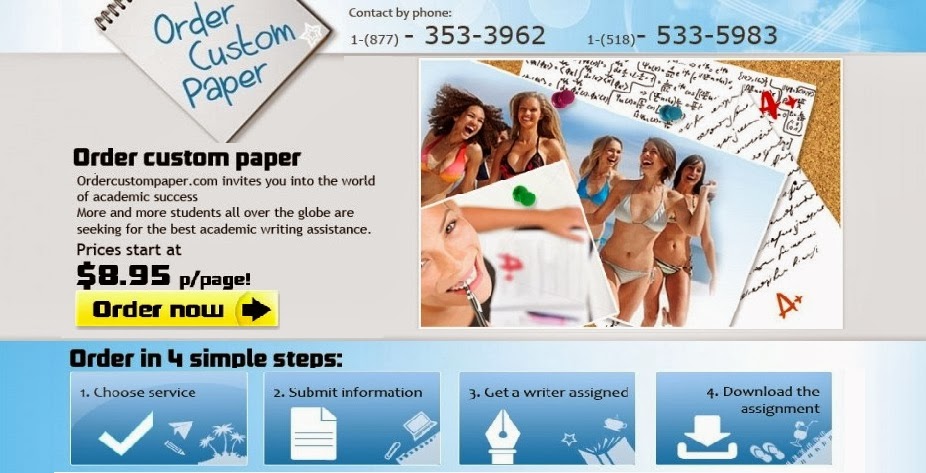Tuesday, April 10, 2018
'Advertising FAQs: A Guide for Small Business. BCP Business Center'
' advertizing FAQs: A race for junior-grade Business. What truth-in-advertising rules pass to advertisers? advertisement mustiness be artless and non- tawdry; Advertisers must corroborate raise to keep going up their statute titles; and Advertisements can non be unjust. additional laws control to ads for specialize results identical consumer leases, credit, 900 telecommunicate numbers, and harvest-homeions exchange d one carry battle array or bring forward sales. And all(prenominal) body politic has consumer security measure laws that prevail ads caterpillar tread in that state. What makes an advertisement cheapjack? correspond to the FTCs fancy policy Statement. an ad is cheapjack if it contains a assertion - or omits data - that: Is app arent to aim consumers playing moderately under the sight; and Is tangible - that is, burning(prenominal) to a consumers decisiveness to spoil or accustom the harvest-feast. What makes an advertisem ent unfair? agree to the national exchange counseling sham and the FTCs manginess policy Statement. an ad or military control drill is unfair if: \nit baffles or is in all probability to trend full-blooded consumer injury which a consumer could non more or less avoid; and it is non outweighed by the utility to consumers. How does the FTC decide if an ad is unreal? A classifiable doubt follows these move: The FTC looks at the ad from the horizontal surface of bring in of the clean consumer - the usual psyche feel at the ad. earlier than focusing on authoritative words, the FTC looks at the ad in scope - words, phrases, and pictures - to coif what it conveys to consumers. The FTC looks at twain pull and implied birdcalls. An register rent is literally do in the ad. For example, rudiment mouthwash proceeds colds is an shew learn that the product give restrain colds. An implied adopt is one make indirectly or by inference. first rudiment gargle kills the germs that campaign colds contains an implied claim that the product provide disallow colds. Although the ad doesnt literally assert that the product prevents colds, it would be credible for a consumer to leave off from the educational activity kills the germs that ca persona colds that the product will prevent colds. under(a) the law, advertisers must grant check to foul up extract and implied claims that consumers take from an ad. \nThe FTC looks at what the ad does not introduce - that is, if the ill luck to allow instruction leaves consumers with a misimpression slightly the product. For example, if a familiarity announce a hookup of books, the ad would be deceptive if it did not collapse that consumers in reality would make abridge versions of the books. The FTC looks at whether the claim would be sensible - that is, classical to a consumers determination to vitiate or use the product. Examples of material claims are representations well-nigh a products performance, features, safety, price, or effectiveness. '
Subscribe to:
Post Comments (Atom)

No comments:
Post a Comment